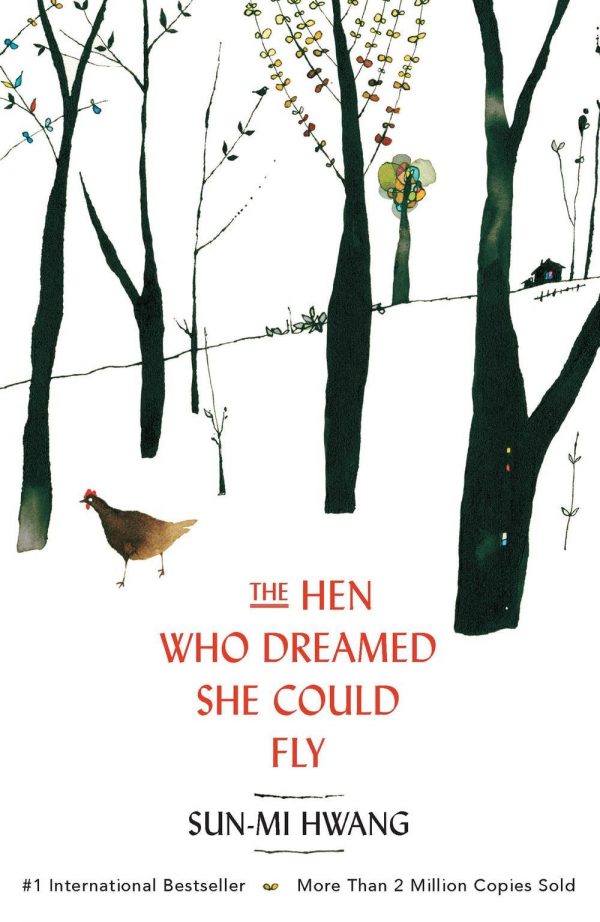

She embodies all the best characteristics of deep-hearted mother-love: loyalty, sacrifice, and courage." - Lisa See, author of the New York Times bestsellers Snow Flower and the Secret Fan, Peony in Love, and Shanghai Girls

I absolutely loved it, and I find myself still thinking about Sprout. And with its array of animal characters-the hen, the duck, the rooster, the dog, the weasel-it calls to mind such classics in English as Animal Farm and Charlotte's Web.įeaturing specially-commissioned illustrations, this first English-language edition of Sun-mi Hwang's fable for our times beautifully captures the journey of an unforgettable character in world literature. No longer content to lay eggs on command, only to have them carted off to the market, she glimpses her future every morning through the barn doors, where the other animals roam free, and comes up with a plan to escape into the wild-and to hatch an egg of her own.Īn anthem for freedom, individuality, and motherhood featuring a plucky, spirited heroine who rebels against the tradition-bound world of the barnyard, The Hen Who Dreamed She Could Fly is a novel of universal resonance that also opens a window on Korea, where it has captivated millions of readers. Spare but evocative line drawings by the Japanese artist Nomoco add to the subtle charm of this slim volume.This is the story of a hen named Sprout. The book explores the joys of parenthood and the sacrifices required to nurture the next generation, the healing bonds of friendship, and the tug-of-war between nature and nurture. His lifesaving friendship enables Sprout to achieve one of her dreams: she hatches an egg she discovers in a briar patch, at first unaware that her offspring is not a chick, but a duckling. Determined to do something with her life, Sprout escapes from her cage into the barnyard, but she's shunned by all its denizens except another outsider like herself, a mallard duck called Straggler. The hen encapsulates her longing in the name Sprout, which she gives to herself, signifying the fecundity of nature. The protagonist is a philosophically restless hen who yearns to raise a chick, but her eggs are collected daily by the farmer's wife. This is the lesson of this simply told but absorbing fable, a two million–copy bestseller in South Korea, and a story that will appeal to readers of self-help. Yet it's possible to achieve happiness, and to make a positive contribution to humanity, if one perseveres. The road of life is paved with hardships, even tragedy.


 0 kommentar(er)
0 kommentar(er)
